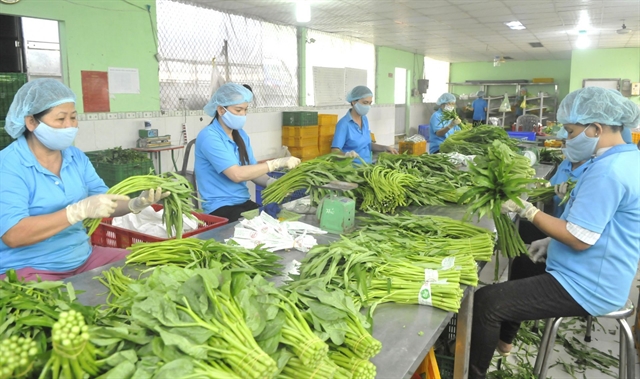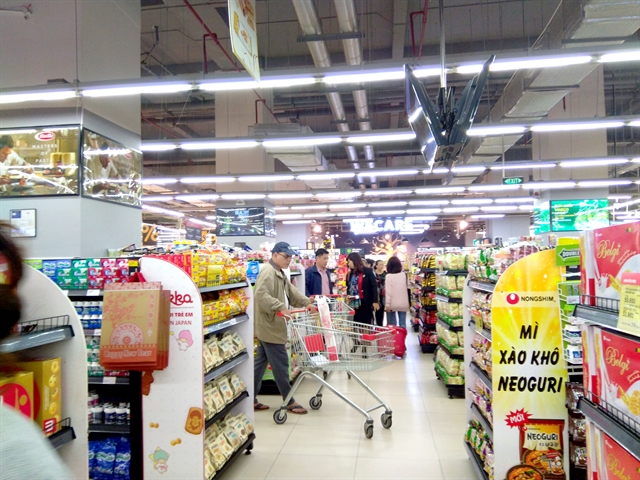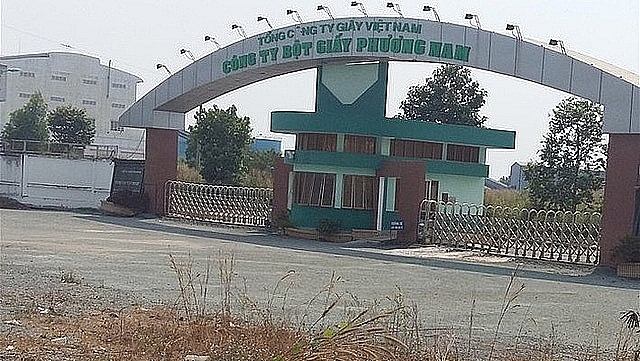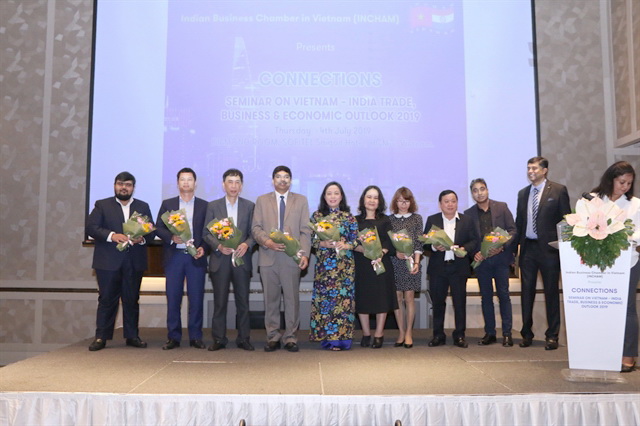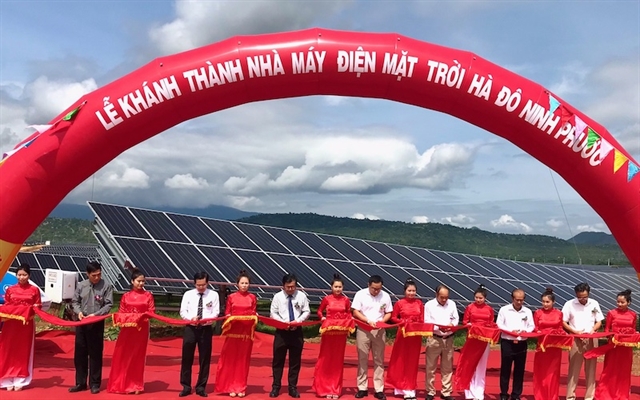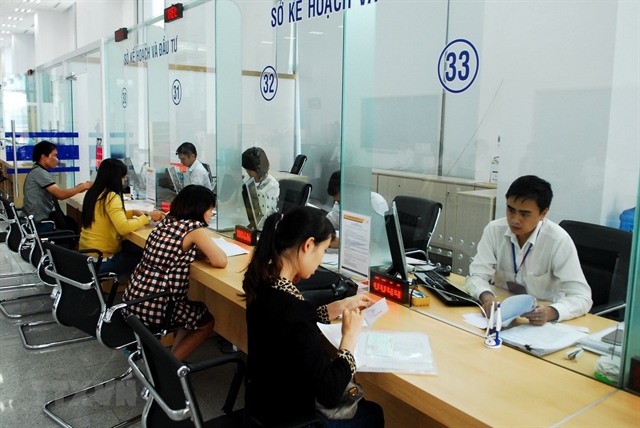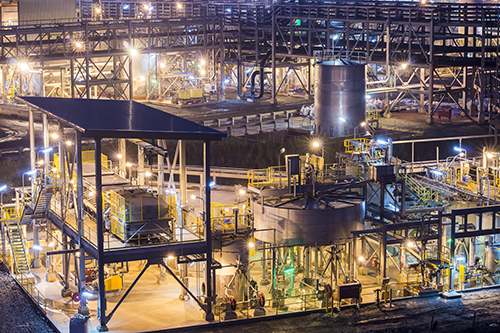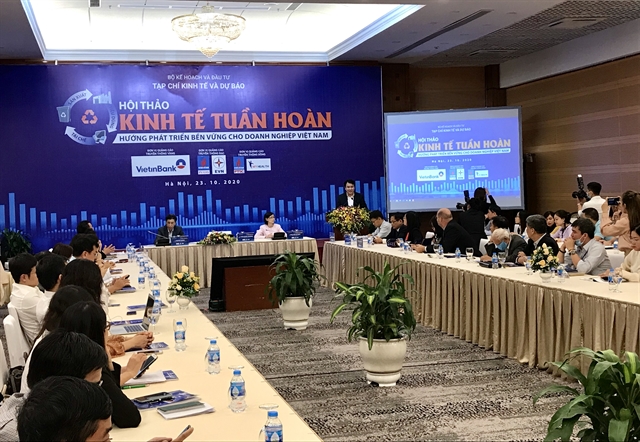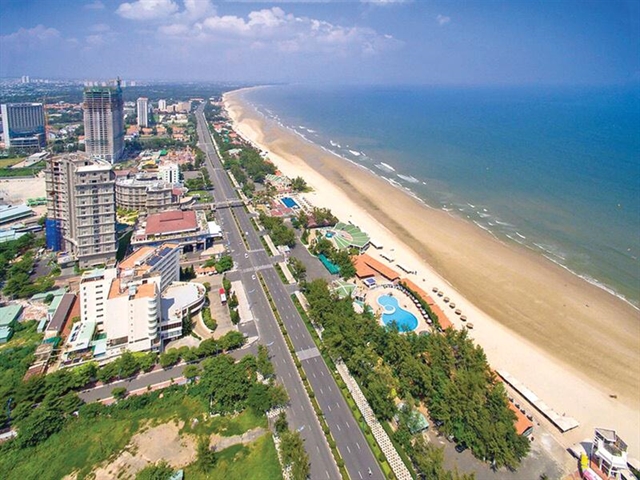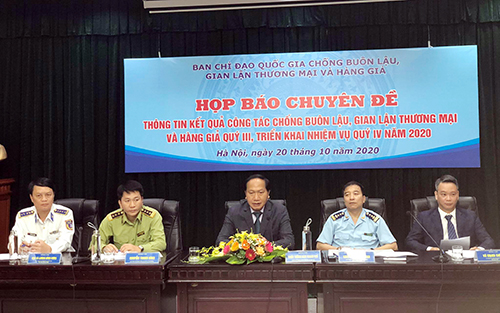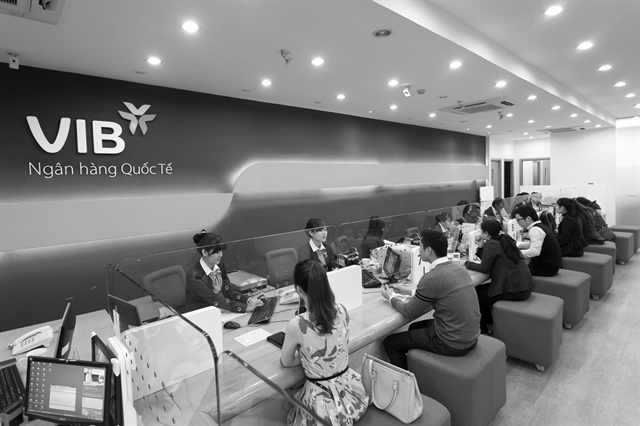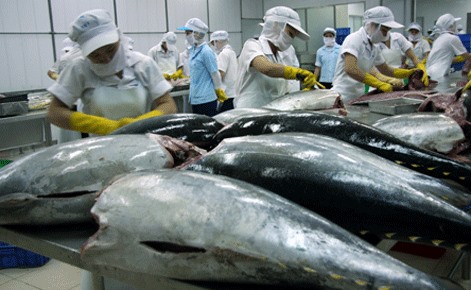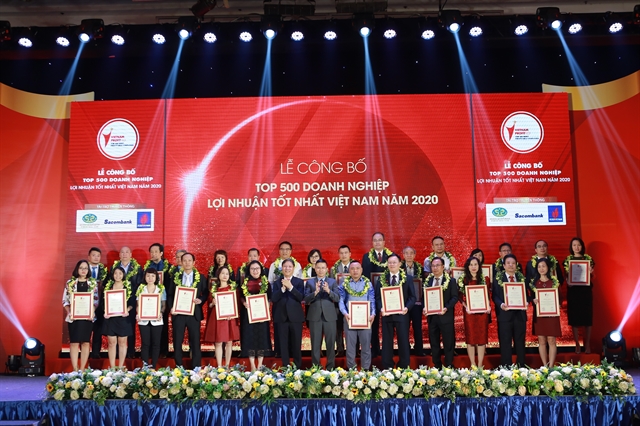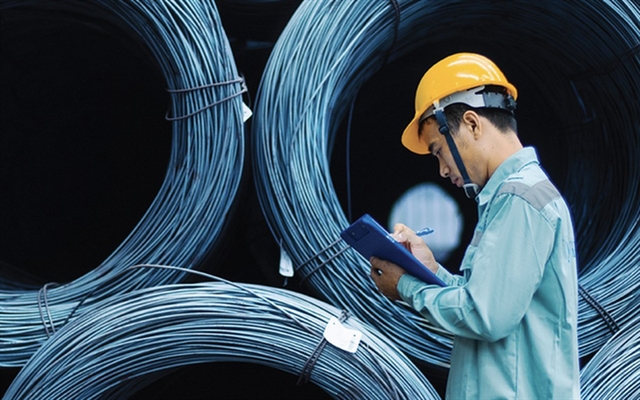
HÀ NỘI — The production and consumption of building materials started resuming at the end of the third quarter this year as lots of construction works were speeding towards completion, however, local producers have been warned to watch the market to avoid a possible surplus.
Trịnh Khôi Nguyên, deputy chairman of Việt Nam Steel Association (VSA), spoke to more than 100 participants who took part in a seminar that reviewed the steel market in the first nine months in Hà Nội yesterday,
“Though the impact of the COVID-19 pandemic made great difficulties for the production and consumption of steel products, making many local producers not achieve the same growth rate as in previous years, there have also been good signs for the industry in the period," he said.
"The drastic direction of Prime Minister Nguyễn Xuân Phúc on speeding up the public investment projects will be actively implemented and make the local industry rise,” Nguyên told Việt Nam News.
“If that workload is accelerated at the end of the year, it will surely have a positive impact on the recovery and growth of the building materials industry, the steel industry included," he added.
According to the VSA, both production and consumption of steel products increased in the first nine months of the year when production reached 18.34 million tonnes, from 17.46 million tonnes from the last same term in 2019.
"There are huge Chinese-invested integrated carbon steel mills in ASEAN and Việt Nam while the steel consumption potential in those countries is reported to be increasing up to 7 per cent in the region by 2021," Nguyên said.
Local producer Hoà Phát was reported to have exported more than 1 million tonnes of steel billets to China so far this year.
A representative from Hoà Phát Group said the exports, of which more than 70 per cent were to China, were thanks to the firm’s effort and investment in technology and products and as well as the Chinese policy to close low-tech steel producers in China.
He added buying steel from ASEAN was in some periods more effective and economical for Chinese buyers but also mentioned it was still a big challenge for the local industry to compete with Chinese firms when production resumed.
“Local producers should diversify their products and enhance their export to ease the pressure in the local market and better compete with the world," he said.
A representative from Formosa Hà Tĩnh Steel Corporation, which also exported more than 1 million tonnes of steel products this year, said as Việt Nam controlled the pandemic very well, the construction industry has resumed well and created opportunities for the steel industry.
Together with big steel producers, smaller firms also discussed difficulties for steel billet prices at the seminar.
VSA deputy Nguyên told Việt Nam News: “We will create more seminars so producers can meet and discuss challenges and opportunities. In the long term, steel producers need to strengthen their market research, not only in the country but also in the regional and international markets, for each type of product to achieve the highest efficiency or they will lose out.” — VNS
